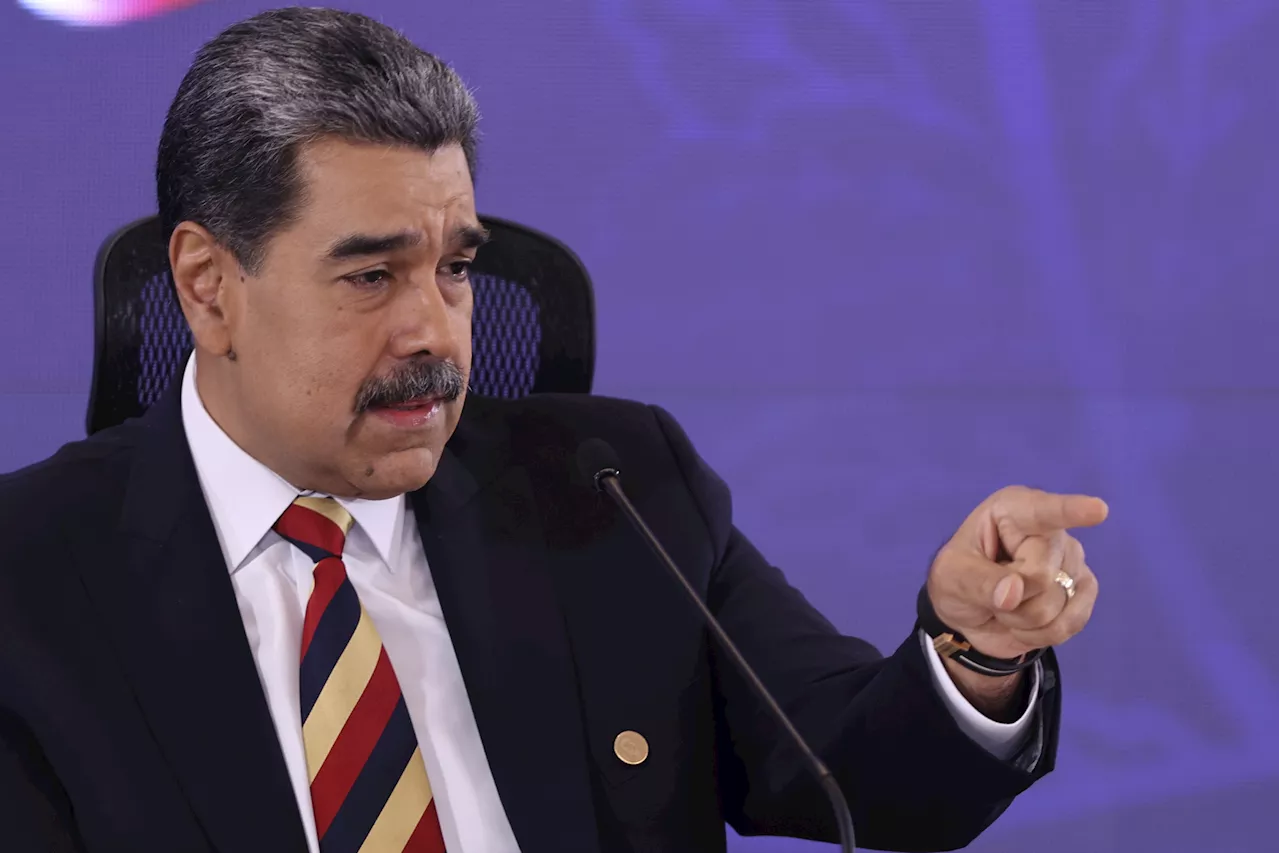Business
Venezuelans Shift to Stablecoins as Inflation Soars to 229%

Venezuelans are increasingly abandoning the local currency, the bolívar, in favor of stablecoins like USDt (Tether) as inflation rates reach a staggering 229%. This shift marks a significant change in the country’s economic landscape, with stablecoins now being utilized for daily transactions, including groceries and payroll.
The economic crisis in Venezuela has persisted for years, leading to a devaluation of the bolívar and making it nearly worthless for many citizens. As a result, many individuals and businesses have turned to stablecoins as a reliable alternative. The Central Bank of Venezuela has struggled to control inflation, prompting the population to seek more stable forms of currency.
Stablecoins: A Practical Solution
In the face of hyperinflation, Venezuelans have found that stablecoins offer a more dependable means of conducting transactions. Many residents now prefer to receive their salaries in USDt rather than the bolívar, which has seen its value plummet. This trend is particularly noticeable in urban areas like Caracas, where the cost of living has skyrocketed.
According to reports, the adoption of stablecoins is not limited to individual consumers. Small businesses are also increasingly accepting these digital currencies, allowing them to hedge against the rapid depreciation of the bolívar. This shift indicates a broader trend towards digital currencies in Venezuela, where traditional banking services have become less reliable.
Implications for the Future
The rise of stablecoins in Venezuela raises important questions about the future of the bolívar and the country’s economy. With inflation rates reaching new heights, many experts believe that the reliance on stablecoins may continue to grow. The Central Bank of Venezuela has yet to implement effective measures to stabilize the bolívar, leaving citizens with few options to preserve their purchasing power.
As the situation evolves, the use of digital currencies may provide a lifeline for many Venezuelans facing economic hardship. While the long-term implications remain uncertain, one thing is clear: the shift towards stablecoins represents a significant adaptation to a challenging economic environment.
With inflation showing no signs of abating, the trend away from the bolívar is likely to persist, forcing both individuals and businesses to navigate an increasingly complex financial landscape.
-

 Lifestyle3 months ago
Lifestyle3 months agoLibraries Challenge Rising E-Book Costs Amid Growing Demand
-

 Sports3 months ago
Sports3 months agoTyreek Hill Responds to Tua Tagovailoa’s Comments on Team Dynamics
-

 Sports3 months ago
Sports3 months agoLiverpool Secures Agreement to Sign Young Striker Will Wright
-

 Lifestyle3 months ago
Lifestyle3 months agoSave Your Split Tomatoes: Expert Tips for Gardeners
-

 Lifestyle3 months ago
Lifestyle3 months agoPrincess Beatrice’s Daughter Athena Joins Siblings at London Parade
-

 World3 months ago
World3 months agoWinter Storms Lash New South Wales with Snow, Flood Risks
-

 Science3 months ago
Science3 months agoTrump Administration Moves to Repeal Key Climate Regulation
-

 Science2 months ago
Science2 months agoSan Francisco Hosts Unique Contest to Identify “Performative Males”
-

 Business3 months ago
Business3 months agoSoFi Technologies Shares Slip 2% Following Insider Stock Sale
-

 Science3 months ago
Science3 months agoNew Tool Reveals Link Between Horse Coat Condition and Parasites
-

 Sports3 months ago
Sports3 months agoElon Musk Sculpture Travels From Utah to Yosemite National Park
-

 Science3 months ago
Science3 months agoNew Study Confirms Humans Transported Stonehenge Bluestones









